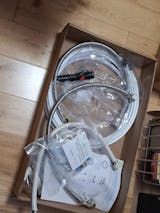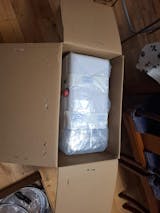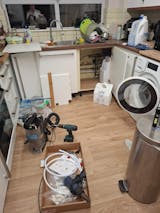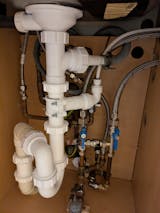Can You Drink Softened Water? — Is It Safe and Healthy?
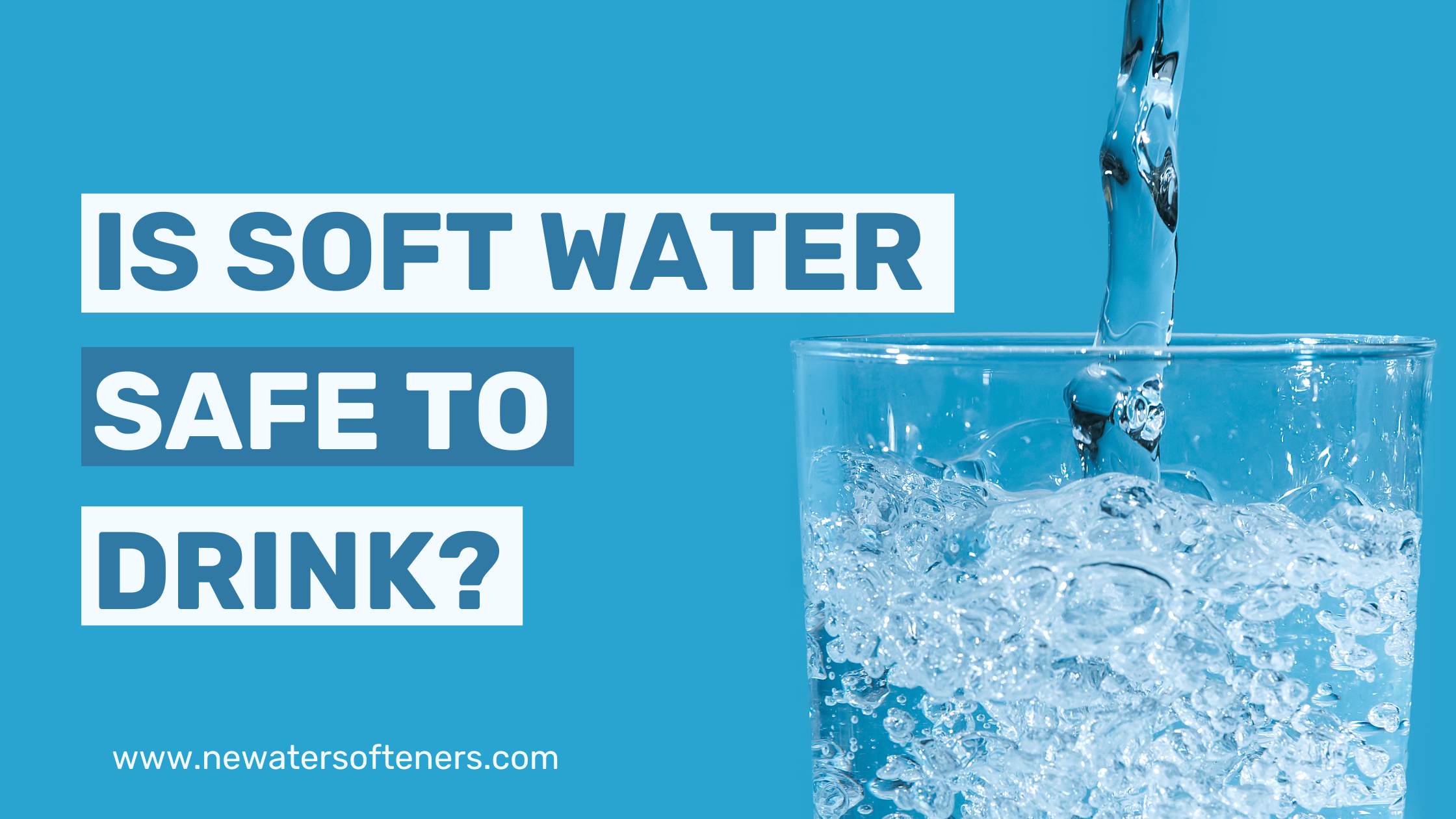
Many people ask: “ Can You Drink Softened Water? — Is It Safe & Healthy?” There's a common misconception that soft water isn’t healthy to drink. In this article, we explain exactly what soft water entails, explore the benefits and drawbacks, and help you decide whether softened water is right for you.
✅ Is Softened Water Safe to Drink?
Yes — drinking softened water is perfectly safe for most people. It’s produced by exchanging hard minerals (calcium, magnesium) with harmless sodium ions during the ion-exchange process.
What Is Soft Water 💧?
Soft water has much lower levels of calcium and magnesium than hard water. Water softeners use a brine and ion-exchange resin system to remove these minerals and replace them with sodium, resulting in smooth, soft water.
What Is Hard Water? And Is It Safe to Drink?
Hard water contains high levels of minerals but is safe and healthy to drink. These minerals offer nutritional value, and the only concern is limescale buildup—not health risk.
⚖️ Softened Water vs. Hard Water: Benefits & Drawbacks
Benefits of Drinking Softened Water
- Improved taste — soft water removes bitter metallic flavors
- Better hydration — since it tastes smoother, you may drink more
- Appliance protection — no limescale buildup in kettles, making tea cleaner
-
Soft water advantages at home:
- Reduced soap, shampoo, and detergent use
- Softer hair and hydrated skin
- Cleaner laundry
- Less time spent cleaning scale residue
Drawbacks of Softened Water
-
Slight sodium content — is not suitable for babies and dogs, but not to worry - you can simply isolate your drinking water tap, meaning your home has soft water except the single outlet for drinking.
How Much Sodium Is in Soft Water?
Softened water contains very low sodium levels:
- A 250 ml glass typically provides ~1% of daily sodium intake (~2,400 mg/day NHS guideline).
- That’s less sodium than bread or milk — and safe for most diets.
🍼 When Soft Water Isn’t Suitable: Who Shouldn't Drink Soft Water
- Bottle-fed infants: their kidneys can’t process added sodium. NHS and WRAS recommend using hard water.
- Low-sodium diets: if you have specific health conditions, consult your doctor. You can also isolate one tap to remain hard water for cooking.
- Taste preference: if you prefer the flavour of unsoftened water, install a dual-feed system with one soft and one hard tap.
🔄 How to Install a Softener with a Hard Drinking Tap
If you need to keep some water unsoftened:
- Specify to your plumber that the kitchen faucet should bypass the softener.
- This ensures your home benefits from soft water, while still providing hard water for drinking, cooking, or infant formula.
⚙️ How Water Softeners Work (Simplified)
- Hard water passes through ion-exchange resin.
- Calcium & magnesium swap places with sodium ions.
- The system regenerates periodically using brine, flushing out minerals.
- You get soft, sodium-mild water — ideal for daily use.
🧪 Why Water Testing Before Installation Is Important
If you live in an area with extremely hard water, softened water might have higher sodium levels (over 200 mg/L if untreated).
By law, you’ll need a separate hard water tap, especially for cooking or special diets. You might also want a drinking-water filter installed for clean, great-tasting water from your kitchen tap.
💡 Summary: Is Drinking Softened Water Safe?
| Factor | Softened Water |
|---|---|
| Appliance friendly | ✅ Prevents limescale |
| Taste & odour | ✅ Often improved |
| Skin & hair care | ✅ Softer, healthier results |
| Sodium content | ⭐ Minimal; generally safe |
| Infant feeding | ⚠️ Use hard water tap for formula |
| Dietary sodium | ⚠️ Consult doctor if necessary |
📞 Need Expert Advice on Softened Water?
At North East & Yorkshire Water Softeners, we specialists in water treatment. Whether you want help with:
- Isolating a hard-water kitchen tap
- Testing water hardness
- Installing drinking-water filters
👉 Call us: 0203 1486773
👉 Email: sales@newatersofteners.co.uk
👉 Or download our free Water Softener Buyer’s Guide

